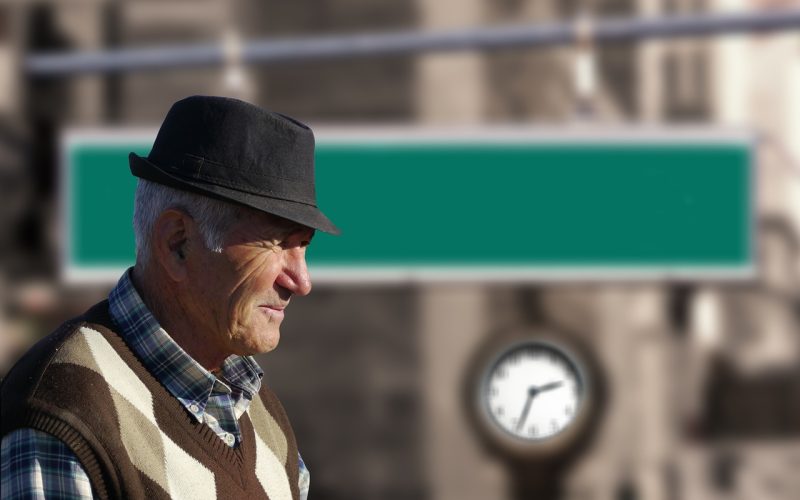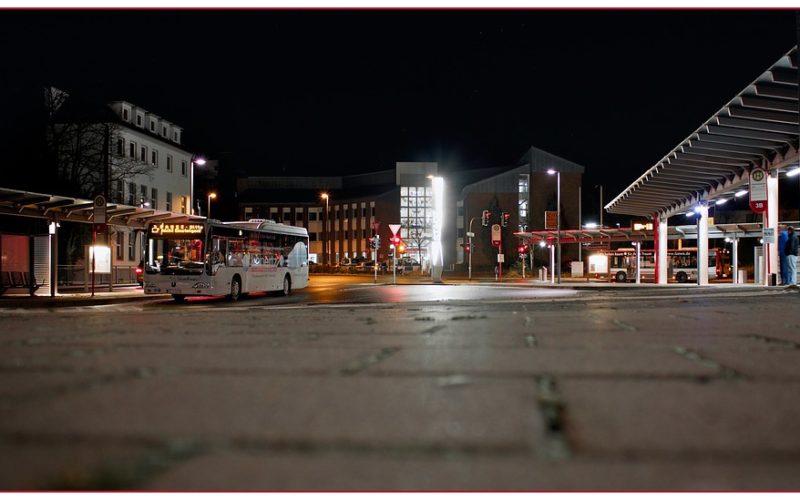Widower Living Alone
Losing a lifelong partner is one of the most devastating experiences anyone can face. For widowers, the absence of a spouse often leaves them navigating uncharted waters, learning to live alone when every aspect of life once felt shared. Many people take their partners for granted, expecting their presence to be a constant.
However, when a partner passes away earlier than anticipated, the widower is left grappling with a new reality that can feel isolating, daunting, and all-consuming. The emotional, social, and mental adjustments required only add to the complexity of their grief.
Coping with loneliness
Loneliness is perhaps one of the most glaring challenges for a widower living on their own. After years, or even decades, of sharing a home, a bed, and a daily routine with their spouse, the empty spaces in the home can feel deafening.
The sound of silence becomes a painful reminder of loss. Meals, once shared, now seem like solemn tasks, and the absence of casual, spontaneous conversations leaves a void. Loneliness is not just about being alone; it’s about the aching absence of companionship. It can creep in during the quiet hours or even in the middle of a crowd when surrounded by others who cannot fill the unique role of a long time partner.
The mental and emotional burden
The mental strain of adjusting to life without a partner cannot be understated. Widowers often experience waves of grief that seem to come out of nowhere, triggered by a scent, a song, or even a fleeting memory. Feelings of sadness, regret, or even guilt may arise, as they question whether they could have done something differently during their spouse's life.
There’s also the emotional exhaustion that comes with managing a household alone, making decisions that were once a shared responsibility, and potentially facing future uncertainties without the guidance or support of their companion. Anxiety and depression often accompany these challenges, making the road forward feel particularly hard to traverse.
The loss of companionship
The loss of companionship is one of the most profound aspects of bereavement. Beyond romantic love, a spouse often serves as a best friend, confidant, and partner in all of life’s undertakings.
Widowers may find themselves missing the simple exchanges—a laugh shared over a cup of tea, the comfortable silence of reading together, or the sense of being truly understood without the need for words. The absence of such a central figure in life can leave gaps that seem impossible to fill, further highlighting the need for human connection.
Navigating life without a companion
For many widowers, the idea of finding London mature escorts can bring a sense of conflict. On one hand, it’s natural to yearn for emotional closeness and shared experiences. On the other, there may be feelings of loyalty to the deceased spouse or fear of judgment from others.
Seeking companionship, whether through friendships, community activities, or even dating later in life, can be a source of healing if approached with an open mind and a sense of readiness. It’s essential to remember that companionship doesn’t have to mean replacing the love lost, but rather building new and meaningful connections that celebrate the life still to be lived.
The importance of support networks
Living alone after the loss of a partner highlights the critical need for a strong support network.
Friends, family, and communities often play a significant role in providing comfort and practical assistance. Reaching out to these networks is not always easy for widowers, as they may feel inclined to handle their grief in isolation. However, allowing others to step in and offer a London Danish escort, whether through a shared meal, a heart-to-heart conversation, or simply a walk in the park, can bring a sense of balance and connection back into their lives.
Support groups for widowers or those dealing with similar losses can also be invaluable, offering solidarity and understanding in a way that reminds them they are not alone in their struggles.
Finding meaning after loss
While life as a widower comes with an array of unique challenges, many find that the experience of loss reshapes their perspective on what truly matters. Some choose to channel their grief into new passions, hobbies, or volunteer work, seeking purpose and meaning in honour of their late partner. Others discover strength within themselves as they learn to adapt to their new normal.
Importantly, healing is not about erasing the memory of their spouse but about carrying their love forward into a life that continues to hold potential for joy, growth, and companionship. Living alone may feel overwhelming at first, but with time, support, and self-compassion, it is possible to find a sense of peace and a new way forward.




